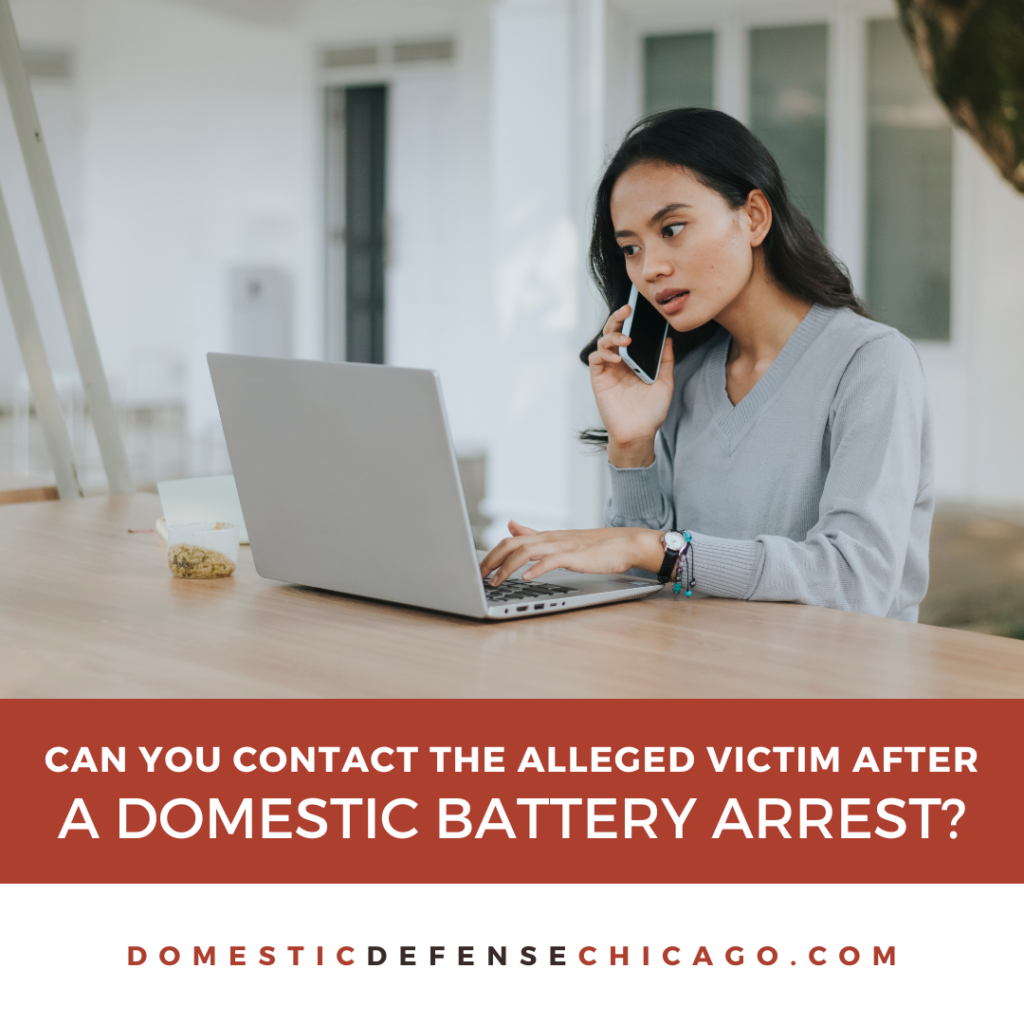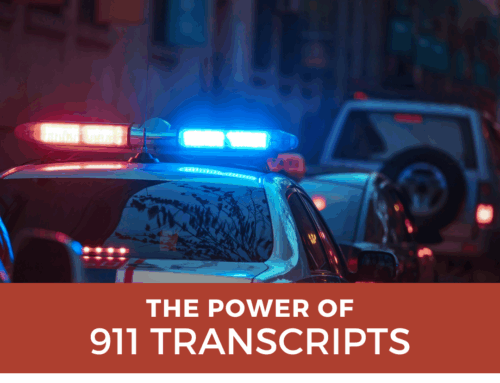After being arrested for domestic battery, one of the most pressing questions defendants often have is whether they can contact the alleged victim. While it may seem like reaching out to clear up misunderstandings or resolve disputes would help, doing so can have serious legal consequences. Understanding the rules surrounding contact and the potential impact on your case is essential to protecting your rights.
Can You Contact the Alleged Victim After a Domestic Battery Arrest?
This guide explains the following:
- Legal restrictions on contact with the alleged victim
- Orders of protection and their implications
- Consequences of violating contact restrictions
- How to handle communication through legal channels
- The role of a domestic battery defense lawyer
Here’s a closer look at each.
Legal Restrictions on Contact With the Alleged Victim
In most domestic battery cases, contacting the alleged victim after your arrest is prohibited. Courts often impose no-contact orders as a standard condition of release. These orders are designed to protect the alleged victim and ensure that the legal process proceeds without interference or intimidation.
Even if the alleged victim is a spouse, partner, or someone you live with, these restrictions typically remain in place until the case is resolved or the court modifies the order. Violating these restrictions can result in additional criminal charges and jeopardize your defense.
Orders of Protection and Their Implications
An order of protection is a legal document that restricts contact between the accused and the alleged victim. These orders may include provisions such as:
- Prohibiting direct or indirect communication (calls, texts, emails, or messages through others)
- Requiring the accused to stay a specific distance away from the alleged victim
- Preventing the accused from entering shared residences or workplaces
Orders of protection are enforceable by law, and even an unintentional violation can lead to severe consequences. If you have questions about the terms of the order or believe it was improperly issued, consult your attorney immediately.
Consequences of Violating Contact Restrictions
Violating a no-contact order or order of protection can escalate your legal troubles significantly. Consequences may include:
- Additional charges, such as contempt of court or violation of an order of protection
- Revocation of bail or bond, resulting in detention until trial
- Negative perceptions by the court, which can harm your case
These violations also complicate your defense strategy, making it harder for your attorney to advocate for reduced charges or leniency. Adhering strictly to all court-ordered restrictions is critical to avoiding further legal problems.
How to Handle Communication Through Legal Channels
If communication with the alleged victim is necessary—for example, to address child custody or financial matters—your attorney can help facilitate this through legal channels. Courts may allow communication in specific circumstances, such as through a third party or with a judge’s approval.
Do not attempt to communicate with the alleged victim on your own, even if they reach out to you first. Inform your lawyer of any contact attempts so they can advise you on how to proceed while staying within the bounds of the law.
The Role of a Domestic Battery Defense Lawyer
A domestic battery defense lawyer is essential in navigating the complexities of contact restrictions and ensuring your rights are protected. Your lawyer will:
- Explain the terms of any no-contact orders or orders of protection
- Advocate for modifications to these orders if necessary
- Facilitate communication through appropriate legal channels
- Develop a defense strategy that addresses the specific circumstances of your case
By working with an experienced attorney, you can avoid missteps that could jeopardize your defense and focus on resolving your case effectively.
Understanding whether you can contact the alleged victim after a domestic battery arrest is vital to protecting your rights and complying with the law. Adhering to court-ordered restrictions and seeking guidance from your attorney ensures you stay on the right track while addressing the charges against you.
Do You Need to Talk to an Attorney About Domestic Battery Defense?
If you need to talk to a domestic battery defense attorney in Illinois, we’re here to help. Call us at 847-920-4540 now – we’ll be happy to give you a free consultation and talk to you about your options.







Leave A Comment
You must be logged in to post a comment.